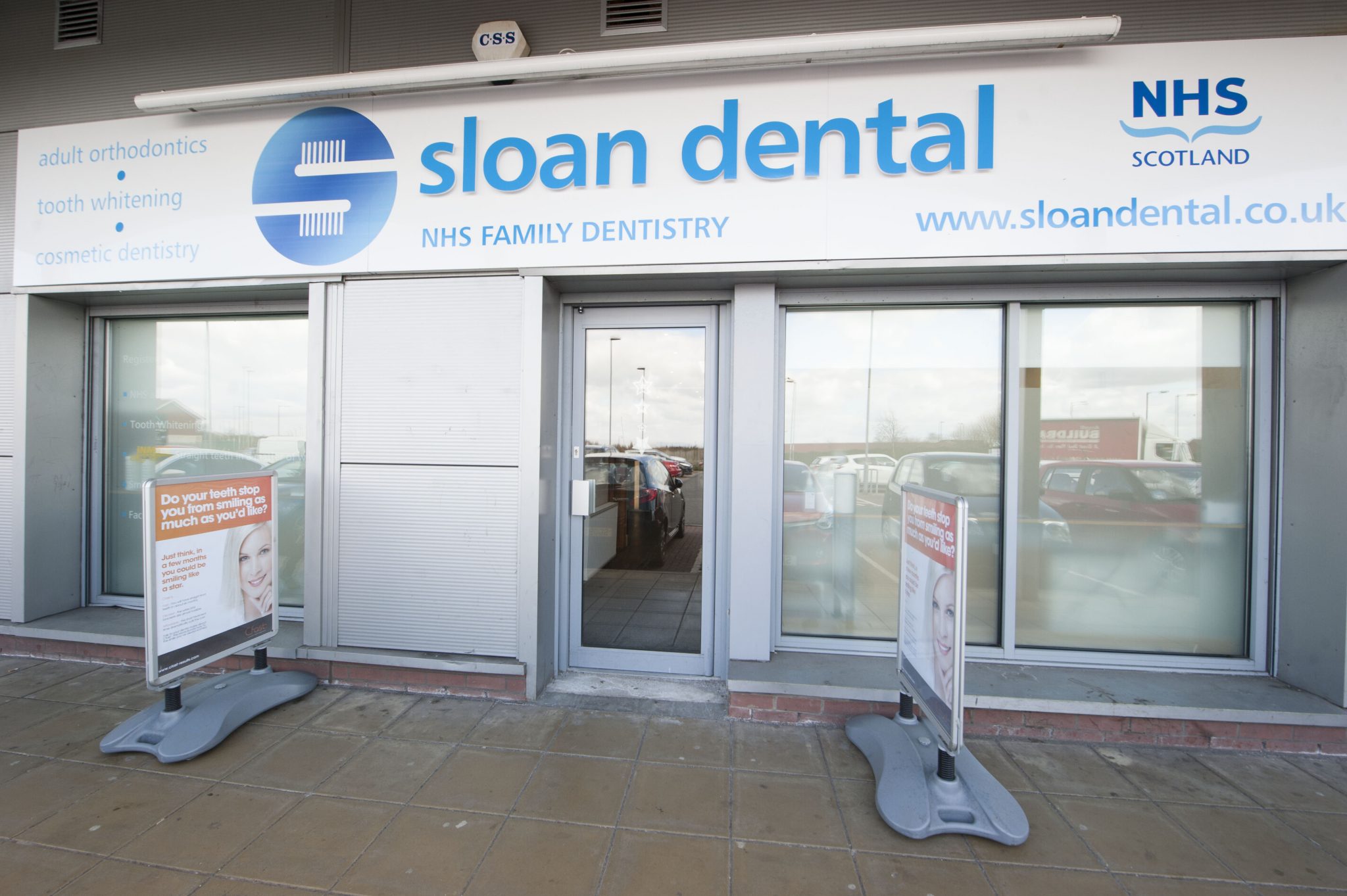According to a YouGov poll, around three in ten Brits only brush their teeth once a day. Worryingly, 2% reported that they don’t brush their teeth at all on a typical day. Brushing your teeth is the simplest way to safeguard your oral health, so what happens when you stop taking this simple step?
The good news is that it doesn’t have too much effect on your teeth in the short term. So if you forget to brush one day, it isn’t the end of the world, but you wouldn’t want to make a habit of it. But let’s say you don’t brush your teeth for a week. What then?
After the first few days, plaque will start to build up on your teeth, and they may begin to feel furry. If left any longer, this plaque would eventually become tartar, which is harder to remove and may lead to gum disease. And since you aren’t brushing away food debris every day, your breath would start to smell quite unpleasant.
The long-term effects of not brushing your teeth are more serious. Each time you don’t brush, the bacteria in plaque is left to build up on your teeth, causing cavities and eventually tooth decay. If left untreated for several years, this could lead to serious dental problems, including loss of fillings or even loss of teeth.
Gum disease
When plaque is allowed to build up on teeth, it provides a sticky breeding ground for bacteria. Every time you eat carbohydrates and sugar, this feeds the bacteria in your mouth, allowing them to multiply.
This plaque irritates your gums and causes them to bleed. Your breath would also become quite unpleasant at this stage. If gum disease is left untreated, the gums will shrink back, leaving more of the tooth exposed. Over time, receding gums can lead to tooth loss, as there isn’t enough healthy gum to support the tooth.
Cavities and abscesses
A combination of a sugary diet and not brushing your teeth can decay the protective enamel layer and lead to an infection in the soft dental pulp below. This is called a dental cavity. If left untreated – and you can’t always see evidence of a cavity – the infection will spread deeper. If it reaches the tooth root, this can be very painful.
Decay in the dental pulp requires a root canal treatment. An abscess may form in the tooth, which can lead to swelling in the gums and cheek. If left untreated, an abscess can spread to the blood, leading to septicemia or blood poisoning. This is the body’s most extreme reaction to infection.
Wider health problems
Problems with your teeth can lead to problems with your digestion. If you lose any of your teeth, you might struggle to chew, which can impact how you digest your food.
Those with untreated, periodontal disease are also at a higher risk for kidney disease, dementia, heart problems and even cancer. If a person doesn’t brush their teeth, we can also assume they don’t attend regular dental checkups. And since oral cancer screening is a vital part of any dental checkup, the early signs of cancer may also be missed.
Aesthetic concerns
Another problem for those who don’t brush their teeth would be discolouration as a result of staining. When plaque hardens to tartar, it also collects stains, which can lead to unsightly brown and black marks on your teeth.
Brushing helps to get rid of surface staining on your teeth, but only teeth whitening can shift the stains absorbed by your teeth. Even if you brush and floss twice a day, you may have some discolouration that leaves you feeling self-conscious. Professional teeth whitening from your dentist can help to lift stains and leave you feeling more confident.
And if you’re struggling to get into the routine of brushing your teeth twice a day, we recommend a trip to the dental hygienist. We can give you some helpful hints and tips to help make brushing easier, so you don’t have to deal with any of the problems outlined above.



